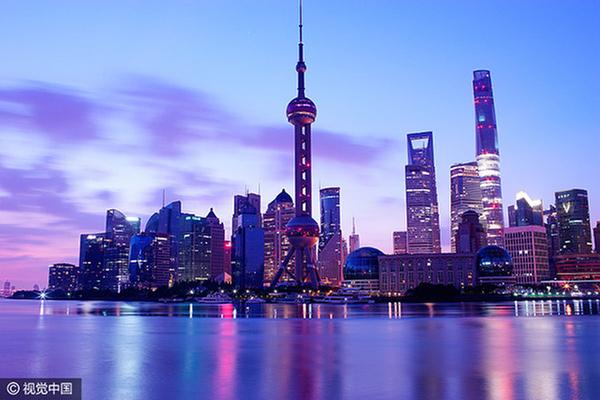Shanghai to promote 'real economic growth'

 |
| Skyscrapers line the Bund in Shanghai. [Photo/VCG] |
Shanghai authorities have vowed to encourage real economic growth by supporting innovation, entrepreneurship and effective market-oriented business conditions.
The incremental growth of strategic emerging sectors will account for 20 percent of the city's GDP and output of strategic emerging sectors will account for 35 percent of gross industrial output value in Shanghai, according to Chen Mingbo, director of the Shanghai Commission of Economy and Information.
"There used to be a debate over whether Shanghai, a metropolitan and a financial center, needs an industrial sector and manufacturing. The answer, we can say now, is yes-Shanghai needs manufacturing and industrial enterprises, and we are making them innovation-driven, high value-added ones," said Chen.
Strategic emerging sectors include information technology, smart equipment manufacturing, bio-pharmaceutical and medical equipment, aircraft and aerospace, new material science and environment-friendly solutions.
Shanghai will push forward the development of projects worth around 60 billion yuan ($8.8 billion), including integrated circuits, passenger jet manufacturing and smart internet-connected automobile making, said Chen.
By 2020, Shanghai will have at least 10 leading companies offering smart manufacturing system solutions, 100 smart plants and 1,000 enterprises taking advantage of smart manufacturing solutions, upgrading the city's manufacturing sector to being technology-based and innovation-driven, said Chen.
An important measure is to cut costs and enable enterprises to invest more in innovation, research and development, said Shanghai authorities.
For example, when offering land to industrial enterprises, authorities will ensure that one-third of the 550 square kilometers of the city's industrial-use land goes to manufacturing, and provides more models of land leasing and rental.
"A smaller company can first rent a land parcel before it grows into a bigger firm that can afford to purchase it. Flexible land use programs will enable manufacturing companies in the city to allocate more resources to technological upgrading," said Cen Fukang, deputy head of the city's urban planning and land use department.




































